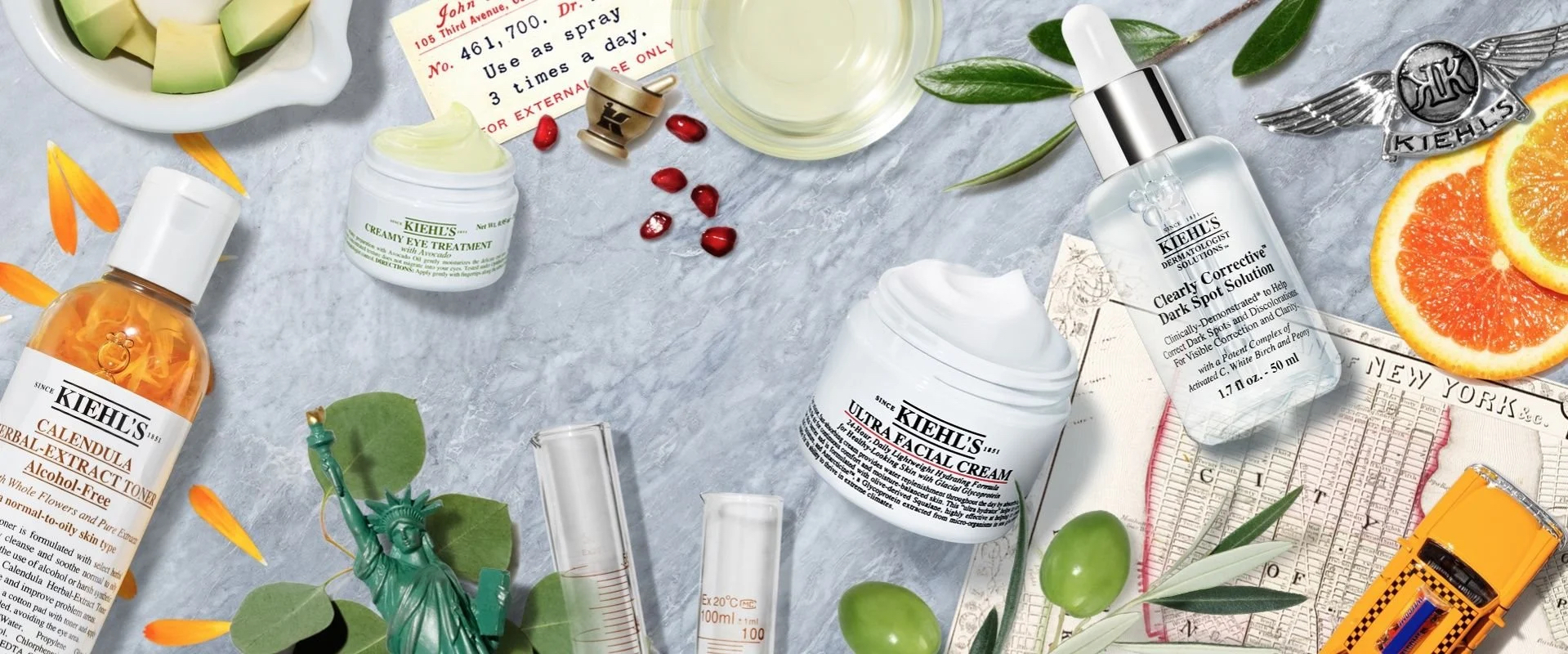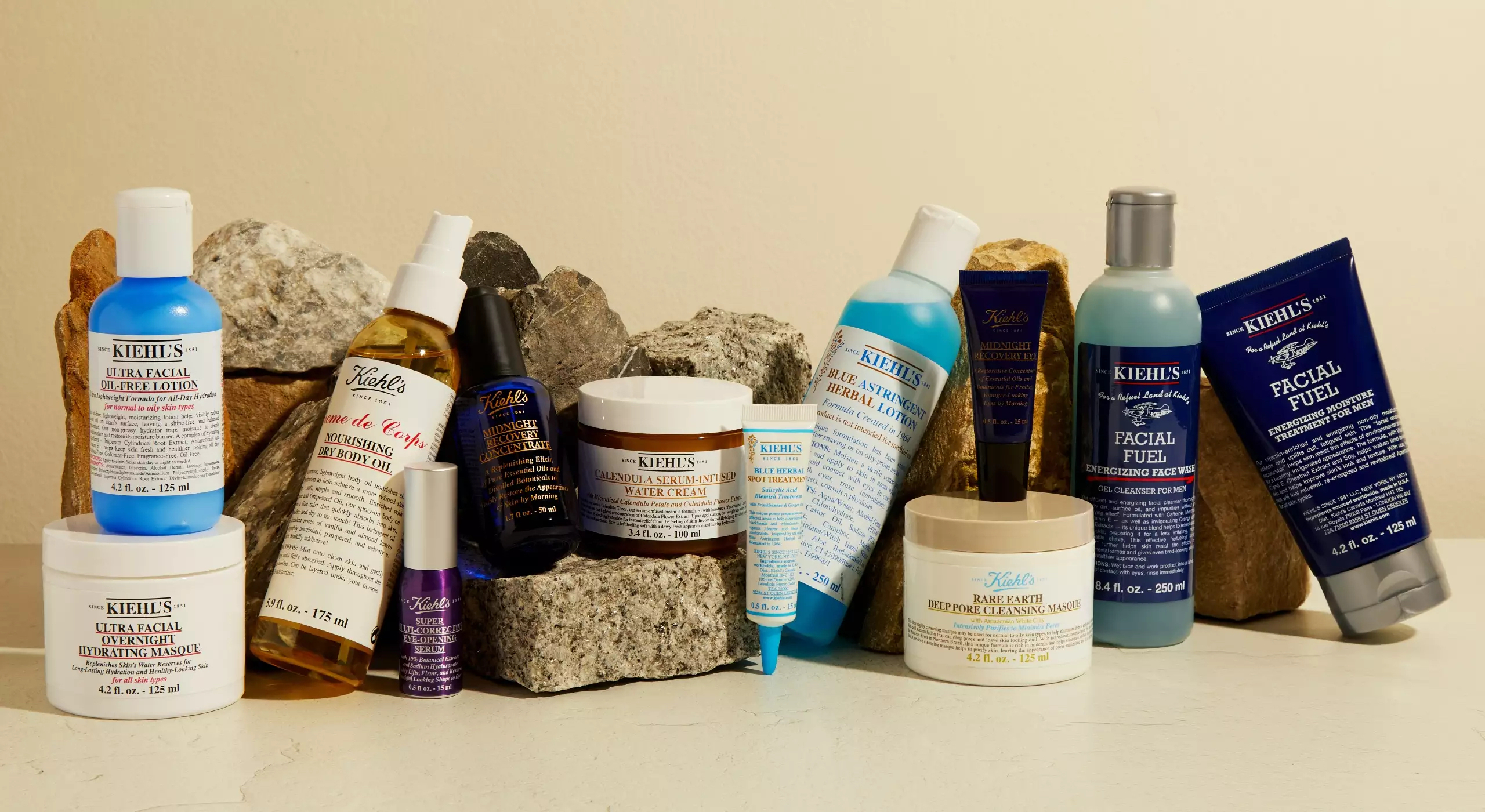Kiehl’s Is the Latest in a String of Fashion and Beauty Brands Moving Past Their Reservations About Selling on the E-Commerce Giant
Major labels in the fashion and beauty industry are cozying up to ecommerce giant Amazon. Names such as Coach, Clinique, and recently Kiehl’s, are breaking away from previous reservations about the platform. This shift is anchored in the realization that millions of consumers shop on Amazon daily, and that consistent sales are already happening on the site, both through direct relationships and third-party sellers.
Despite Amazon’s attempt to lure more premium brands since launching the ‘Luxury Stores’ in 2020, true luxury brands remain scarce on the site. However, Amazon recorded a staggering $56.4 billion in apparel, footwear and accessories sales in the U.S last year, surpassing its closest competitor, Walmart Inc., by more than 90 percent.
Brands venturing into Amazon’s ecosystem are treading carefully. Tapestry Inc.-owned Coach began selling on Amazon in October, albeit on a small scale. The company’s CEO, Joanne Crevoiserat, affirmed, “Amazon is important…We know younger consumers search and discover brands on that platform, and we wanted to put our best foot forward there.”
Coach is not alone in leveraging Amazon’s enormous customer base. Other labels like Hugo Boss, Tommy Hilfiger, Levi’s, Adidas, New Balance, Lacoste, and Dr. Martens have also established stores on Amazon. Coresight Research indicates that Amazon consumers prioritize factors such as delivery cost and speed and a user-friendly website.
Expectations are high for other brands to join Amazon, despite warnings about the possible deterioration of quality. Simeon Siegel, an equity analyst at BMO Capital Markets, said, “At end of the day — as D-to-C or die fades from conversation and as brands internalize that the right wholesale partners can be powerful partners.”
Clinique joined Amazon in March after several years of relying on other platforms, with positive results. Estee Lauder also plans to launch more brands on Amazon this year. Olivia Tong, an analyst at Raymond James, expressed that the decision positions Lauder better against both established brands and newer independent labels.
However, pure luxury brands are yet to fully embrace Amazon, even though the platform’s Luxury Stores division opened in Europe two years ago. Their resistance stems from Amazon’s alleged failure to fulfill its promises. Additonally, the departure of Sally Singer, Amazon’s head of fashion direction in the U.S., could present a further setback.
Regardless, Amazon appears hopeful, recently stating, “we continue to expand selection in Luxury Stores at Amazon and have added thousands of new styles this year alone.”
Last month, the ecommerce platform began selling pre-owned luxury streetwear through Hypebeast’s HBX Archives store. As the luxury market hesitates, the rest of the fashion industry is capitalizing on the benefits Amazon offers, like customer acquisition and exposure.

